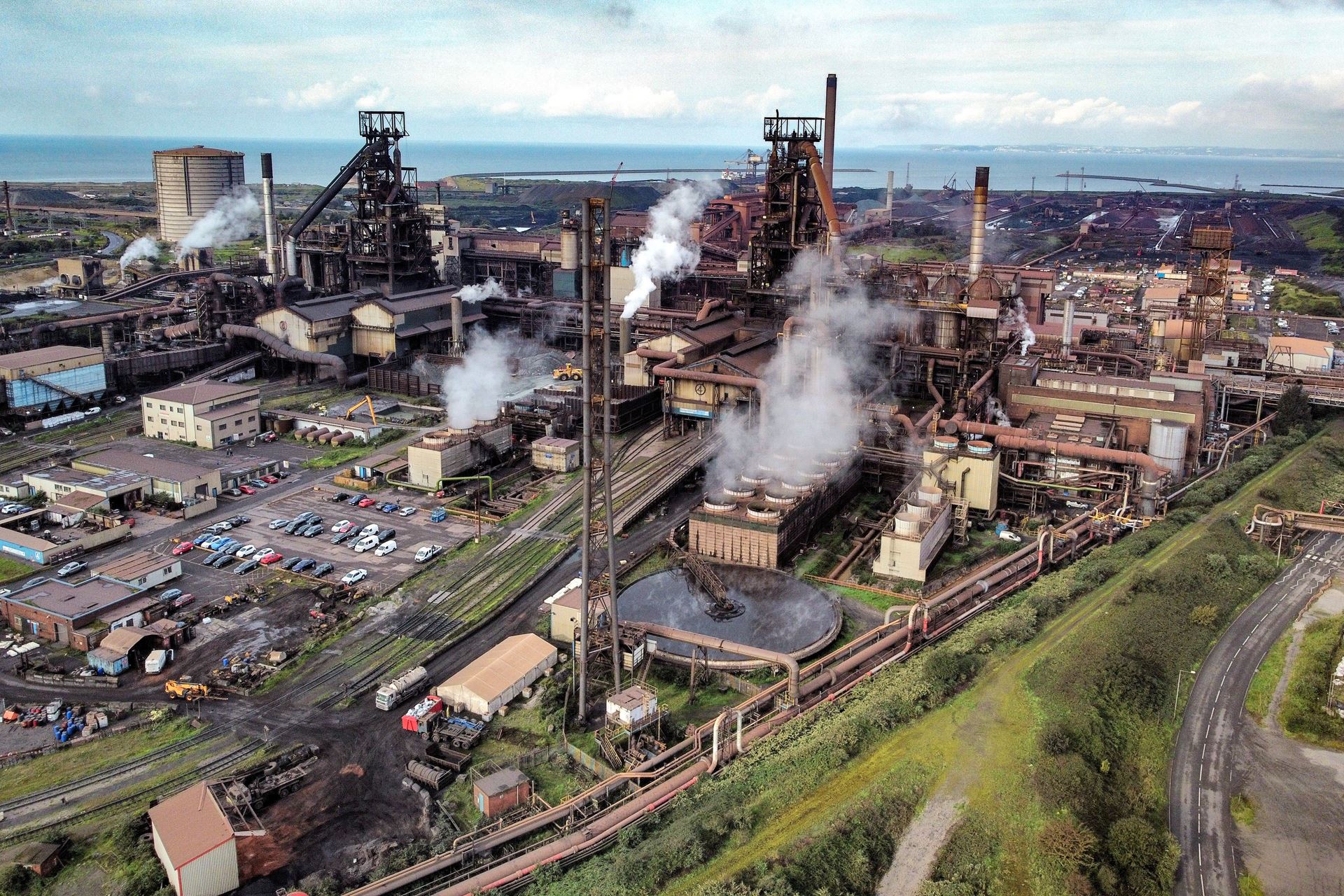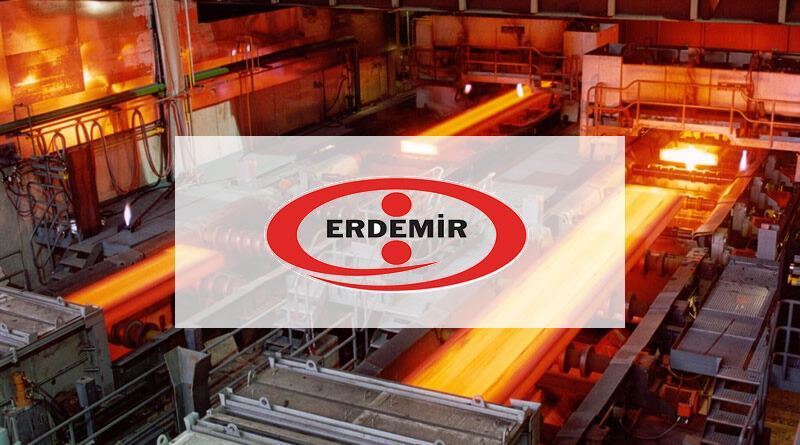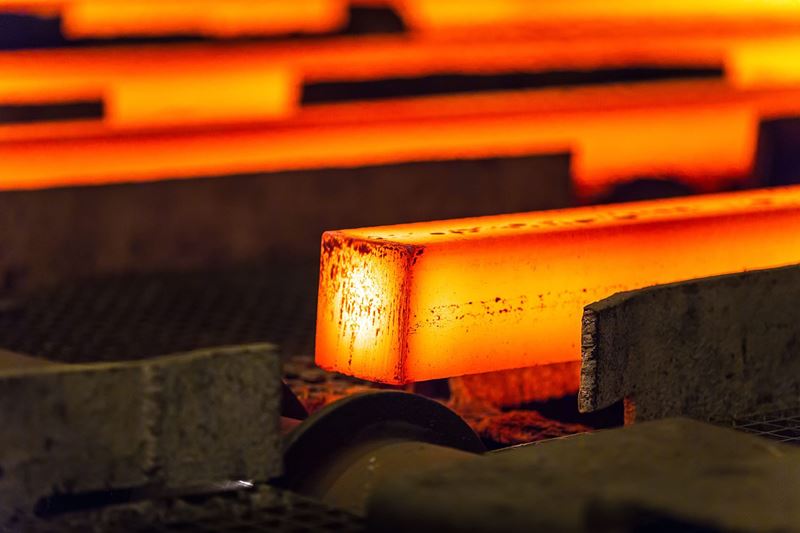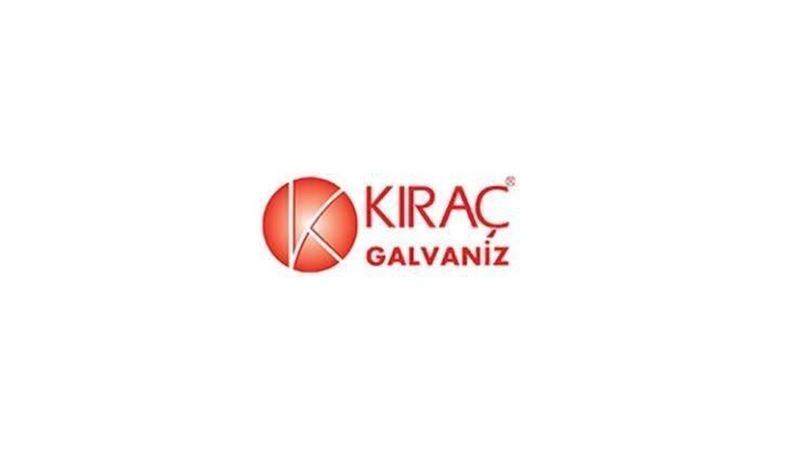The company disclosed in a regulatory filing that it intends to increase coke imports to mitigate the effects of the coke oven closures. This move is part of Tata Steel's shift from blast furnace technology, which is high in emissions, to low-carbon steel production using electric arc furnaces.
Previously, Tata Steel had acknowledged that many assets at Port Talbot had reached the end of their operational lifespan. On January 19, the company declared the closure of Port Talbot's two blast furnaces and coke ovens, despite considering an alternative proposal from UK trade unions. While elements of the proposal were accepted, Tata Steel deemed continued blast furnace operation unfeasible and economically unviable. The transition is anticipated to potentially result in up to 2,800 job losses across various sectors.
Tata Steel is currently engaged in advanced discussions with US trade unions regarding its proposed restructuring plan, which entails shutting down iron and steelmaking operations at Port Talbot and transitioning to sustainable low-CO2 steel production. This plan involves a £1.25 billion (around 1,587 billion USD) investment in electric arc furnace technology and asset upgrades at Port Talbot. Of this investment, the UK government has committed £500 million (around 634 million USD) to facilitate the transition, with Tata Steel pledging to invest £750 million (around 951 million USD).









Comments
No comment yet.